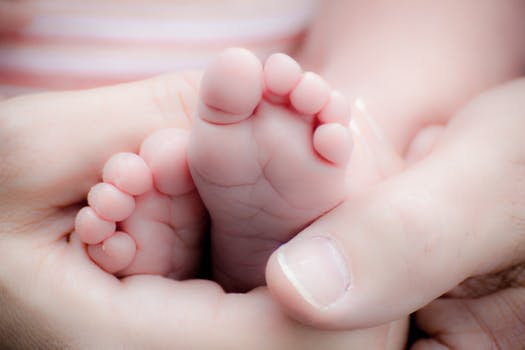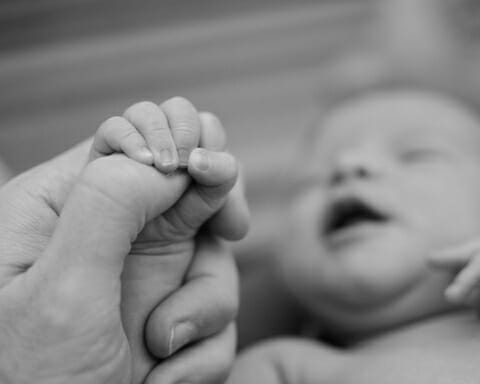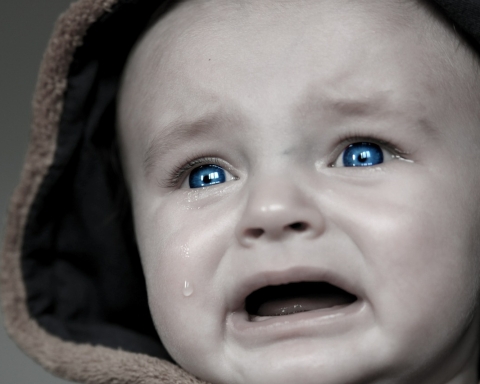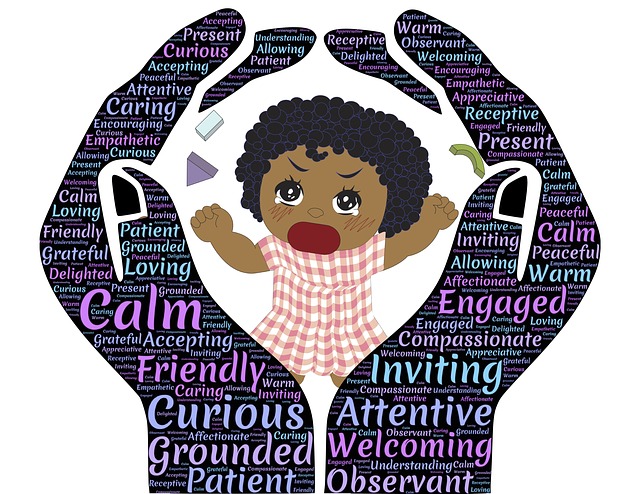The baby is finally here after nearly nine months of waiting. You cannot wait to take the baby home. But now that the baby is out in the world, the newborn may keep you so busy that you don’t even have time to scratch your head. No matter how many books about parenting you read or people you talk to, the actual experience of bringing a newborn home can be overwhelming.
As this research aptly says, “The birth of a child is often one of the most important and joyous moments in the life of a parent. The joy a parent may have with the birth of a child may be tempered by significant stress and anxiety, especially for first-time parents who have not developed the skills necessary to care for a newborn baby. Parents are often confused about basic baby care topics such as feeding, hygiene, and development. Adding to this confusion is an overload of information received by means such as promotions, samples, offers, pamphlets, books, television, and other routes of communication.”
Thus, adequate information and education about infant care are necessary for first-time parents.
Antenatal classes seem to improve women’s knowledge and competence. This may provide a defense against the tendency to overmedicalize pregnancy and childbirth. —Researchers at Istituto Superiore di Sanità, Italy
Here are some things parents need to take care of once they are home from the hospital with their baby.
Feeding and Burping
The baby has a tiny stomach, which empties out fairly quickly. So, the first thing mothers need to focus on is nursing the baby. Breastfed babies need to feed about every two hours and formula-fed babies need to feed about every three hours.
As per one baby care handbook, “keeping track of feedings—both duration of feeds and the number of feeds—is very important in the first week of life to be sure breastfeeding is going well and your baby is getting his nutritional needs met.”
You’re parenting right if your baby is asking for milk and then falling asleep quickly afterward. Some babies cry for milk, while others may send subtle cues like sucking their thumb or curling their lips. The baby will probably require one to three ounces of milk per feeding, and the baby should be done in ten to fifteen minutes.
Don’t forget to burp the baby after every feeding. Some babies can burp on their own; others require assistance. Either hold the baby in an upright position, resting the baby’s head on one shoulder, or lay the baby on its tummy on your lap and massage its back.
Diaper Changing
By this time, the baby will have already passed its first stool, called meconium, which is a greenish-black, tarry, sticky poop. This usually happens within a few hours after delivery at the hospital. But once the baby is home, be prepared to change a lot of dirty diapers.
Breastfed babies tend to soil up to five to ten diapers per day, whereas a bottle-fed baby soils three to four diapers per day. According to one source, “Stool frequency peaks around day 5 as lactation becomes established and then slowly drops to 4 actions per day by day 7.” After the first week, the baby’s bowel movements become more established and less frequent.
The stool is typically greenish or mustard-yellow in color, with a grainy consistency. The stool of formula-fed babies has a grainy peanut butter texture, and they tend to pee more often. Since the baby is too young to alert anyone when it poops, it is a good idea to check the diaper after every hour.
If the diaper stays dry throughout the day, then this is a sign of dehydration. It indicates that the baby isn’t feeding well or isn’t feeling well. In any case, consult a doctor immediately.
Crying
A newborn is quiet initially unless there is some kind of physical discomfort, but after two or three weeks, the crying period starts, which can be nerve-racking. The possible reasons for crying are numerous, but if the baby starts crying, two common things to check are if the baby is hungry or if the baby has a full diaper.
Most babies also cry if they need to burp or have colic. Try to burp the baby to help it pass gas. Research indicates that “Colic occurred more frequently among bottle-fed infants (20.9 percent) than among breast-fed infants (10.8 percent).”
In addition, babies tend to cry inconsolably because of environmental overstimulation. There is no definitive cure for this, but the best thing to do is to hold the baby close and soothe it.
You’re parenting right whether you are able to successfully soothe the baby or not. The important thing is to just be there for the baby when it’s crying.
Sleep
Babies tend to sleep a lot despite waking up at intervals to feed. It’s normal for a baby to sleep from eighteen to twenty hours per day in its first days.
Swaddle the baby in a cloth or blanket depending on the weather. Be sure to place the baby on its back in order to prevent sudden infant death syndrome (SIDS). Make sure the baby doesn’t drag the blanket up to its mouth. Check on the baby several times while he or she is sleeping and try to rest close by.
Bathing, Cleaning, and Dressing
Babies are pretty clean and don’t need to bathe until their umbilical cord stump falls away. Use a wet cloth or tissue to give the baby a sponge bath.
Clean the genital area thoroughly with wet wipes or rags during diaper changes. Make sure to clean its nostrils twice a day so that the baby is able to breathe properly.
Cover the baby’s head in either a cotton or woolen cap, depending on the weather. Don’t overdress or underdress the baby. (Add or remove one layer if necessary.) Cotton socks and mittens can be used in the summer and woolen ones in the winter.
Accessories and Gear
Initially, parents don’t need a lot of accessories or gear to take care of the baby. Onesies, bodysuits, footed pajamas, full-sleeve shirts, socks, and caps are some items the baby will need.
Diapers, wipes, a changing mat, hooded terry-cloth towels, blankets, baby shampoo, soap, baby oil, and lotion are more accessories that parents might need.
While taking care of their newborns, parents shouldn’t forget to take care of themselves too. Make sure to eat properly and get plenty of rest. Taking care of a baby is a joyful process, but it can be overwhelming if parents don’t get much rest or don’t have enough information or proper support.
You’re parenting right if your baby is thriving and you are falling in love with your child more and more every day.

References
Spinelli, A., G. Baglio, S. Donati, M. E. Grandolfo, and J. Osborn. “Do Antenatal Classes Benefit the Mother and Her Baby?” The Journal of Maternal-Fetal & Neonatal Medicine 13, no. 2 (2003): 94–101. Retrieved from https://www.tandfonline.com
Traisman, Aflred S., Howard S. Traisman, and Richard A. Gatti. “The Well-Baby Care of 530 Infants: A Study of Immunization, Feeding, Behavorial, and Sleep Habits.” The Journal of Pediatrics 68, no. 4 (1966): 608–614. Retrieved from http://www.jpeds.com
Suh, Mickey, Mara Rodriguez, and Peter Borowski. “Self-Contained Baby Care Kit Having a Subsequent Use.” U.S. Patent Application 10/918,633, filed February 16, 2006. Retrieved from https://patents.google.com
Brown, Ari. Baby 411: Clear Answers & Smart Advice for Your Baby’s First Year, 8th ed. Boulder, CO: Windsor Peak Press, 2017. Retrieved from https://books.google.com













